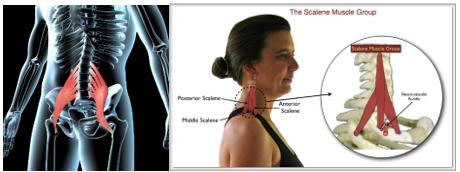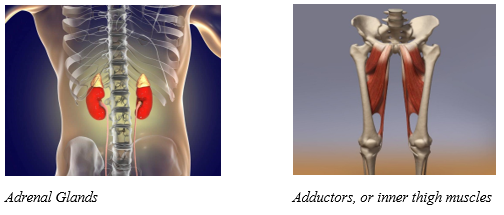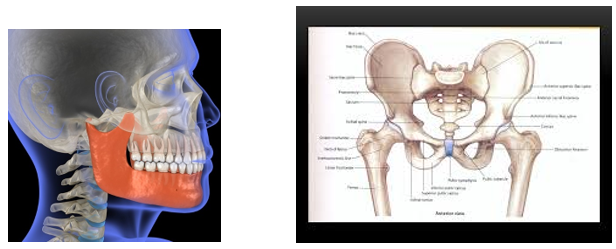This month I wanted to share with you some of the details around applied kinesiology chiropractic. I love using this approach with our patients! It is such an awesome tool for getting to the root cause of unresolving pain patterns including underlying organ and nutritional issues that may need to be addressed for achieving success.
What is Applied Kinesiology
Applied Kinesiology is a safe and non-invasive diagnostic system using muscle testing as a tool for evaluating nerve, joint and muscle function.

This method focuses on multiple hidden factors that can keep a pain pattern from healing. The fundamental Applied Kinesiology approach focuses on specific joint adjustments, various myofascial/muscle therapies, cranial sacral techniques, clinical nutrition, and various acupuncture reflex point procedures.
Using applied kinesiology muscle testing allows us to see many of the underlying patterns that can be the reason for unresolving shoulder issues, jaw pain, neck pain, hip, and lower back pain just to mention a few.
For example, it is common for us to uncover hidden tight or weak muscles, in a seemingly unrelated area of the body, that are keeping your painful shoulder, back, hip or neck pain from healing. Tight hip flexors (psoas) can be causing a reaction in the neck flexor muscles (scalenes) making it difficult to resolve the neck pain you may be experiencing.

This has to do with muscle relationships that are in play for how we walk and hold our postures. We can work on the neck for weeks and get poor results until we realize it is the hip flexors that need to be dealt with for the neck pain to clear.
In addition, as we focus on the hip flexors, there are multiple factors of the muscle’s function to explore and treat to bring the muscle back to functioning (and then letting the neck pain resolve)
- We assess the muscle itself to see if we need to work on the areas where the muscle attaches, trigger points (knots) in the muscle or the fascia of the muscle.
- We adjust the joints related to the muscle improving the ranges of motion which can bring relief and restore function to that muscle.
- We assess and treat neuro-lymphatic points that are related to the muscle (fancy words for clearing the lymph associated with the muscle to improve nerve flow that relates to the function of that muscle
- We assess and treat neuro-vascular points that are related to the muscle (assisting circulation associated with the muscle and improving nerve flow that relates to the function of the muscle.
- We evaluate and treat Cranio-sacral / jaw imbalances to free up fascia movement that could be affecting function of the muscle we are targeting.
It is fascinating to witness the return of strength and function to a neck muscle after releasing trigger points and fascial adhesions in the correlating hip flexors on the opposite side.
** For additional information on how emotions such as fear can be related to hip flexor health, check out this quick read with tips for clearing that layer of imbalance as well.
True or false?
- The health of your gut can be affecting how tight your thighs are?
- Chronic stress can cause ankle and hip problems?
- Your teeth and jaw can affect your lower back?
Each of these statements are true! Each muscle has a correlating organ and/or gland that can relate to its function. For example – large intestine stress can cause tight muscles on the side of your thighs (the IT band that can often be painful to massage). If the IT band is tight, it can block you from holding your lower back adjustments and so we cannot get your back pain to clear. In this case, we focus on gut health and resolve any stressors to allow the IT band to release.
Chronic stress can cause your adrenal glands to become fatigued. In this case, chronic adrenal fatigue can cause inner thigh muscles to become weak, and you will have a hard time holding your SI joint and or lower back adjustments as well. With this situation, you may benefit from stress reducing exercises, breath work or vitamins and herbs that can restore the health of your adrenal glands so we can recover the function of the correlating muscle.

The teeth and jaw alignments can have a direct impact on your lower back and pelvis. This has to do with the fascia within the cranio-sacral system and how it attaches inside your skull, spinal column, and sacrum. If you have tension in your jaw, it can cause tension in your shoulders, neck and possibly your lower back and pelvis.

So you see! It is like detective work to uncover hidden patterns using applied kinesiology muscle testing to resolve root cause issues that are blocking you from healing.
If you are experiencing unresolving pain patterns and would like to take advantage of the deep reaching effects of applied kinesiology chiropractic, please give us a call, 802-863-5828 or email suzy@cwnhc.com. Mention this article, and receive 20% off your first exam and treatment (referral rate).






